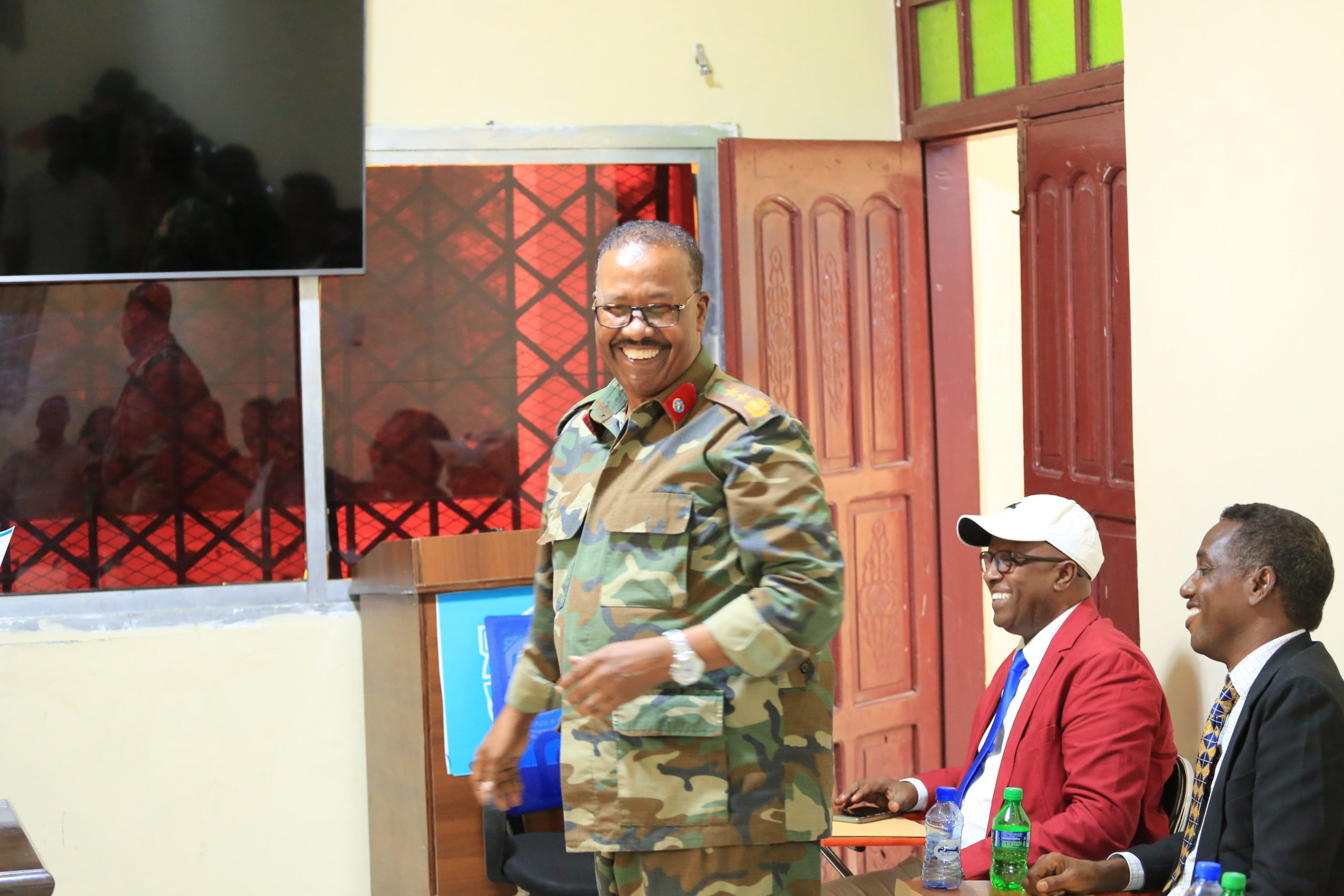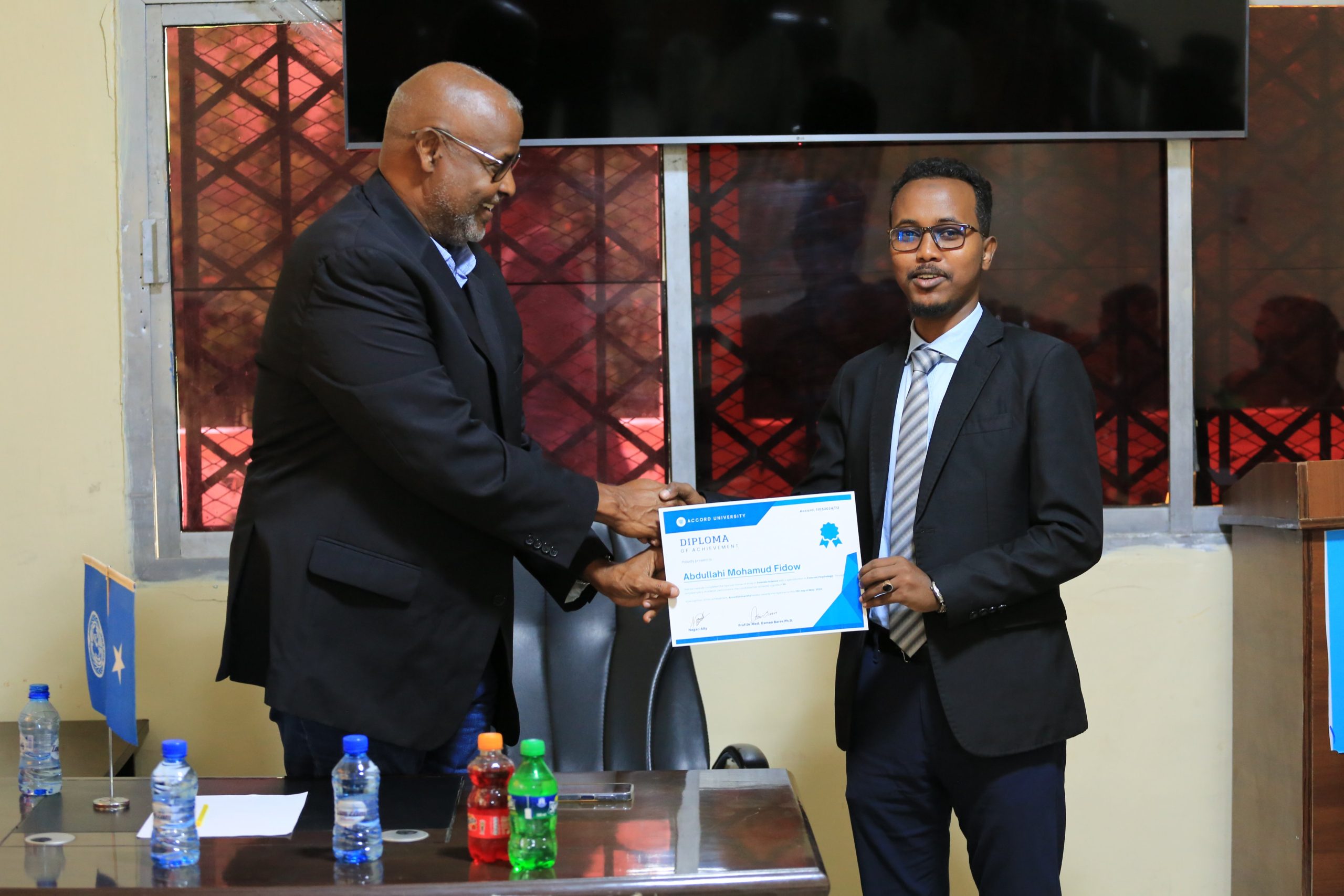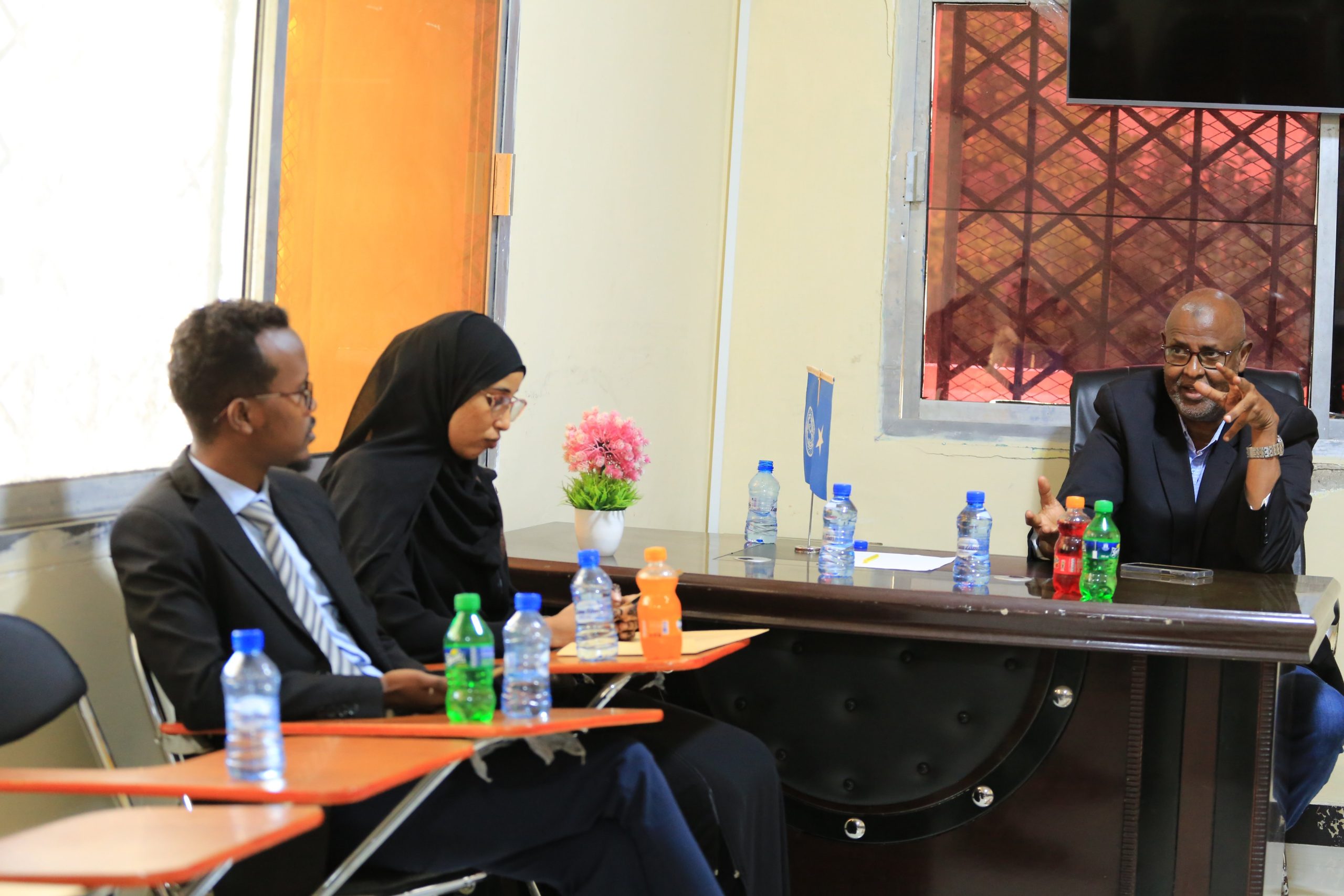Facebook Twitter (X) Instagram Somali Magazine - People's Magazine
In a significant stride towards enhancing justice and public safety in Somalia, Accord University has successfully implemented the country’s first-ever comprehensive training program in forensic science. This groundbreaking initiative, conducted over six months, equipped 21 participants, including law enforcement officials, judicial personnel, and other relevant stakeholders, with crucial knowledge and skills in this critical field. Led by renowned experts Dr. Osman M. Abdulle and Dr. Charles Ondoro, the program addressed a critical gap in the Somali justice system, providing a much-needed foundation for modern investigative techniques.

The program delved into a wide array of forensic science disciplines, encompassing both theoretical and practical aspects. Participants were immersed in:
Crime Scene Investigation Techniques: The program provided in-depth training on the proper collection, preservation, and analysis of evidence at crime scenes. Participants learned advanced techniques for documenting crime scenes, including photography, videography, and the use of specialized equipment. Hands-on exercises simulated real-life scenarios, allowing participants to practice their skills in a controlled environment.
DNA Analysis: Recognizing the pivotal role of DNA evidence in modern criminal investigations, the program extensively covered DNA profiling techniques. Participants gained a comprehensive understanding of DNA collection, extraction, and analysis methods, including polymerase chain reaction (PCR) and DNA sequencing. They also learned about the interpretation of DNA profiles and their application in various forensic contexts, such as identifying suspects, victims, and establishing familial relationships.
Fingerprinting Methods: The program provided a comprehensive overview of fingerprint analysis techniques, a cornerstone of forensic identification. Participants learned to identify, classify, and compare fingerprints using various methods, including manual and automated techniques. They also gained practical experience in developing latent fingerprints from different surfaces using various chemical and physical techniques.
Forensic Toxicology: Recognizing the significance of toxicology in criminal investigations, the program included modules on the principles of forensic toxicology. Participants learned about the identification and analysis of drugs, poisons, and other toxic substances in biological samples. This knowledge is crucial for determining the cause and manner of death in suspicious cases and for identifying the presence of controlled substances in individuals suspected of drug-related offenses.
Ballistics and Firearms Examination: The program included training on the principles of ballistics and firearms examination. Participants learned to identify and analyze firearms, ammunition, and tool marks, which are crucial for linking firearms to crime scenes and identifying the source of projectiles.
Courtroom Procedures: The program emphasized the importance of effectively presenting forensic evidence in court. Participants learned about the chain of custody, expert witness testimony, and the legal and ethical considerations surrounding the presentation of forensic evidence. They were also exposed to mock courtroom scenarios, allowing them to practice their presentation skills and address potential challenges.
Beyond theoretical instruction and practical exercises, the program fostered a collaborative learning environment. Participants engaged in group discussions, case studies, and peer-to-peer learning activities, enhancing their critical thinking and problem-solving skills. The program also emphasized the importance of ethical conduct and professional responsibility in the field of forensic science.
Impact and Significance

This pioneering forensic science training program has far-reaching implications for the Somali justice system. By equipping law enforcement officials, judicial personnel, and other stakeholders with the necessary knowledge and skills, the program contributes to:
Strengthening the Rule of Law: The application of modern forensic science techniques can significantly enhance the quality of criminal investigations, leading to more accurate and reliable evidence and ultimately, a more just and equitable justice system.
Improving Public Safety: By enhancing investigative capabilities, the program contributes to the prevention and detection of crime, thereby improving public safety and security.
Building Institutional Capacity: The program strengthens the capacity of Somali institutions to effectively address criminal justice challenges, fostering a more professional and efficient justice system.
Promoting Human Rights: The use of scientifically sound forensic evidence helps ensure that justice is administered fairly and impartially, protecting the rights of both victims and suspects.
Statements from Key Stakeholders

Prof. Abdulkadir B. Mohamed, Vice-Chancellor of Accord University: “We are immensely proud to have pioneered this groundbreaking forensic science training program. This initiative marks a significant step forward in strengthening the rule of law and enhancing public safety in Somalia. By equipping law enforcement and judicial personnel with the necessary skills, we are contributing to a more just and equitable society.”
Salma Abdi Hassan Omar, Accord Alumni Association: “This program has been a transformative experience for many of our members. The knowledge and skills gained will undoubtedly enhance their professional careers and enable them to contribute more effectively to the justice system. We commend Accord University for this visionary initiative.”
Nagan Ally, Vice-President of the United Nations Association of Somalia: “The advancement of forensic science in Somalia is crucial for combating crime and ensuring justice. This training program represents a significant step forward in this direction. We applaud Accord University for this pioneering effort and commend all participants for their dedication and hard work.”
This landmark achievement by Accord University underscores the institution’s commitment to academic excellence and its dedication to serving the needs of the Somali community. By empowering law enforcement and the justice system with cutting-edge forensic science expertise, Accord University is playing a vital role in building a safer and more just future for Somalia.
Looking Ahead
The success of this initial program paves the way for future initiatives in forensic science education and training in Somalia. Accord University plans to expand its forensic science curriculum, offering specialized courses and advanced training programs to meet the evolving needs of the justice sector. The university also aims to collaborate with international partners to establish a fully-fledged forensic science laboratory in Somalia, providing a platform for research, development, and advanced training in this critical field.
By continuing to invest in forensic science education and training, Accord University is poised to make a lasting contribution to the development of a strong and just society in Somalia.

